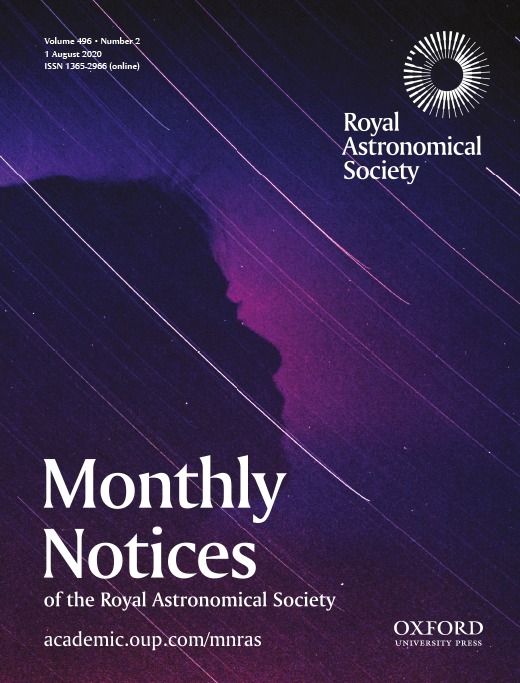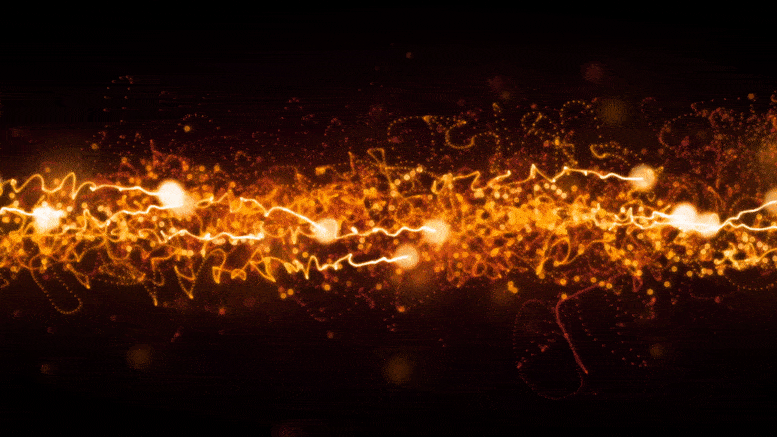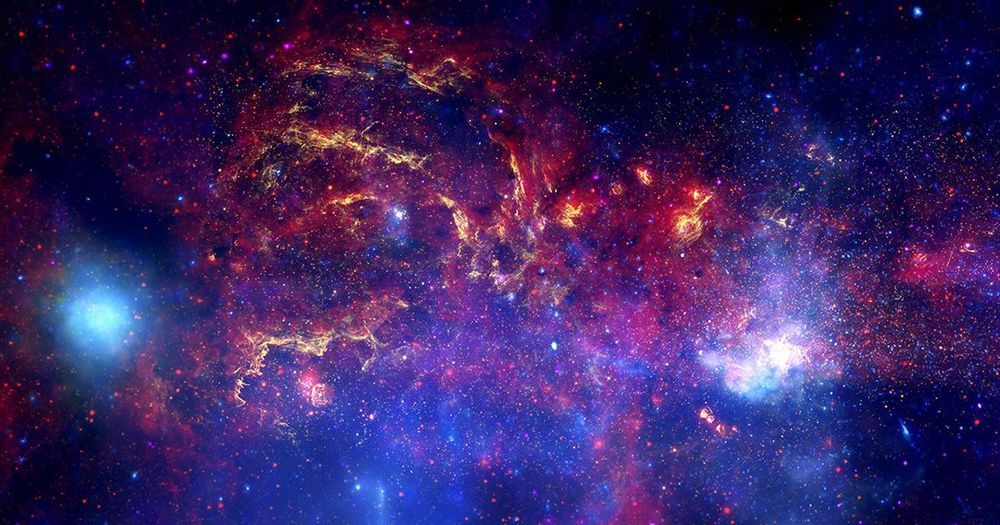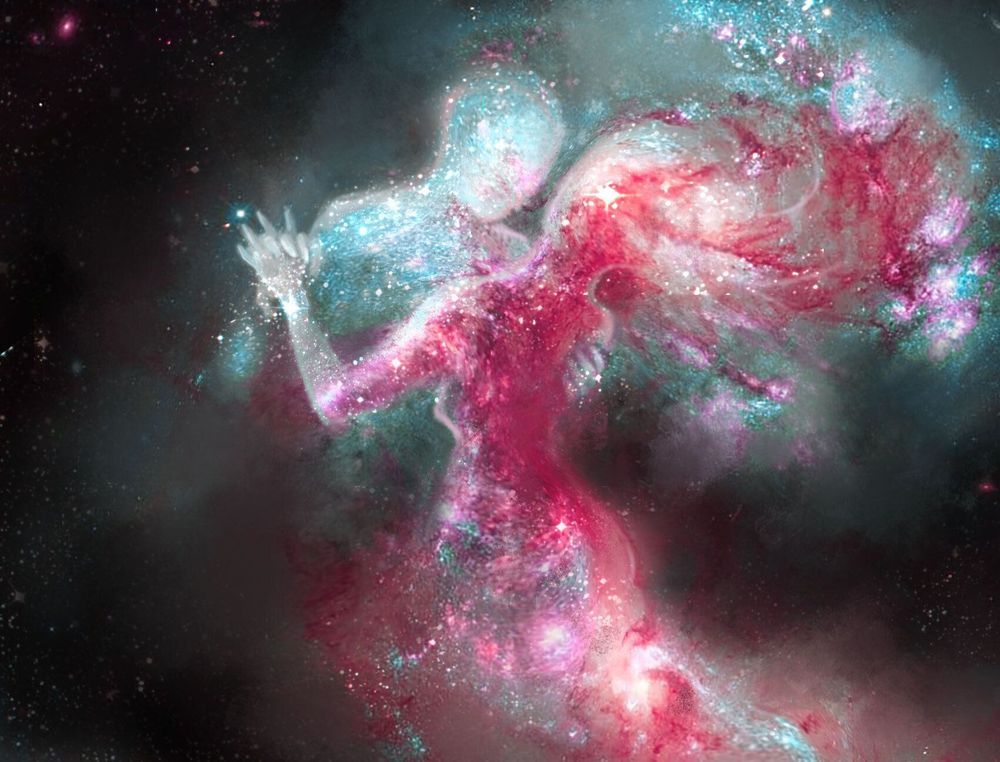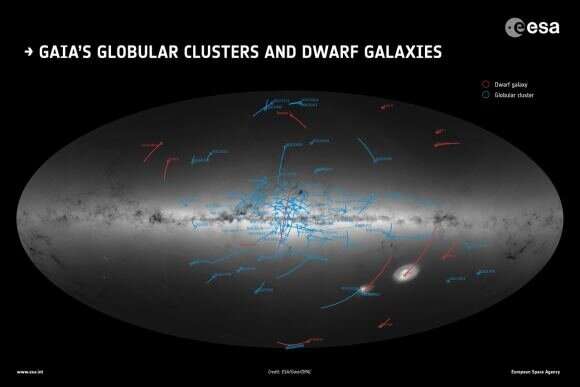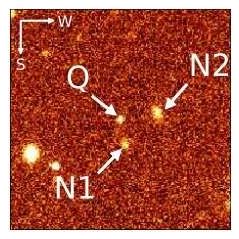We investigate a suspected very massive star in one of the most metal-poor dwarf galaxies, PHL 293B. Excitingly, we find the sudden disappearance of the stellar signatures from our 2019 spectra, in particular the broad H lines with P Cygni profiles that have been associated with a massive luminous blue variable (LBV) star. Such features are absent from our spectra obtained in 2019 with the Echelle Spectrograph for Rocky Exoplanet- and Stable Spectroscopic Observation and X-shooter instruments of the European Southern Observatory’s Very Large Telescope. We compute radiative transfer models using cmfgen, which fit the observed spectrum of the LBV and are consistent with ground-based and archival Hubble Space Telescope photometry. Our models show that during 2001–2011, the LBV had a luminosity L* = 2.5–3.5 × 106 L⊙, a mass-loss rate ˙ M = 0.005 − 0.020 M ⊙ yr−1, a wind velocity of 1000 km s−1, and effective and stellar temperatures of Teff = 6000–6800 and T* = 9500–15 000 K. These stellar properties indicate an eruptive state. We consider two main hypotheses for the absence of the broad emission components from the spectra obtained since 2011. One possibility is that we are seeing the end of an LBV eruption of a surviving star, with a mild drop in luminosity, a shift to hotter effective temperatures, and some dust obscuration. Alternatively, the LBV could have collapsed to a massive black hole without the production of a bright supernova.
